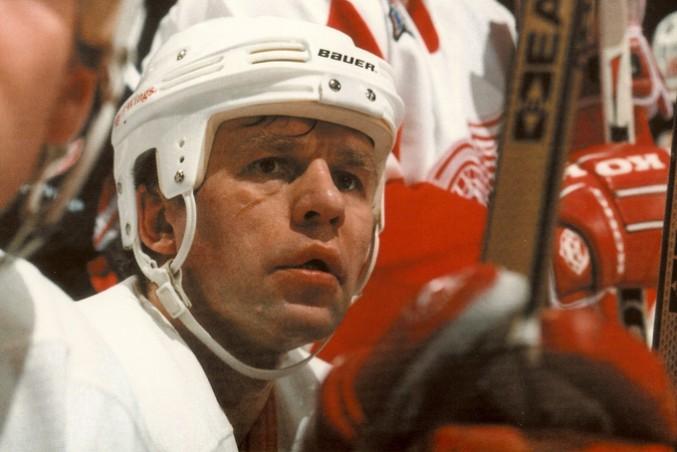By Alex Downham
A Ryerson radio and television arts student produced a documentary on the hyper-politicized lives of Soviet hockey players.
The film, Red Army, focuses on the Soviet Union’s pressure on Russian men to “serve their country” by playing hockey against Western teams. Since the national hockey team was a part of the ministry of defence, fourth-year student and associate producer Dmitry Saltykovsky said they were treated like soldiers.
“The players didn’t have Kalashnikovs, but had a stick and a puck instead,” said Saltykovsky.
The documentary, released in May 2014, features interviews with Russian hockey legends, particularly Viacheslav Alexandrovich Fetisov. Otherwise known as Slava of the famous Russian Five hockey group, the film retells his time playing for the Soviet Army.
“[The Soviet Union] funded [hockey] to display superiority,” said director Gabe Polsky.
According to Red Army, “the best of the best” were picked from hordes of boys eager to play for the national team. Slava improved faster than others. He said the game and his coach, Anatoli Tarasov “developed his patriotism” and skill.
Slava was on Russia’s national team from 1976 to 1989, winning seven times at the World Championship and Olympic gold three times.
The Russian team succeeded due to Tarasov’s unique chess-like strategy, where passing was constant and the whole team was involved as opposed to individual all-stars.
“Life in general in the Soviet Union reflected that type of game,” said Saltykovsky. “It’s the [communal] way of life that formed the playing style.”
But Tarasov was replaced by Viktor Tikhonov as the Soviets’ coach and the team’s morale changed. Slava and his teammates were away 11 months a year, training up to four times a day.
Red Army details how players “pissed blood” and another couldn’t leave to say goodbye to his dying father at the camp.
Slava grew tired of the national team and went to the NHL in 1989. He struggled to go, receiving threats and was even beaten by police. He also received insults from anti-Russian NHL fans.
Despite Slava’s hard life, Polsky said it was important to shed light on past “Cold War-type darkness” around Russia in films on the era, saying that “there’s a lack of understanding about the culture.”
“It’s a bittersweet history of how [Soviets] lived,” said Polsky. “It was terrible to live there but there was still pride.”
Slava, like fleeing Soviets, returned to Russia in 2001 to govern the ministry of sport. Saltykovsky said Slava did it because he loves “the game and playing for the national flag” rather than politics.










Leave a Reply